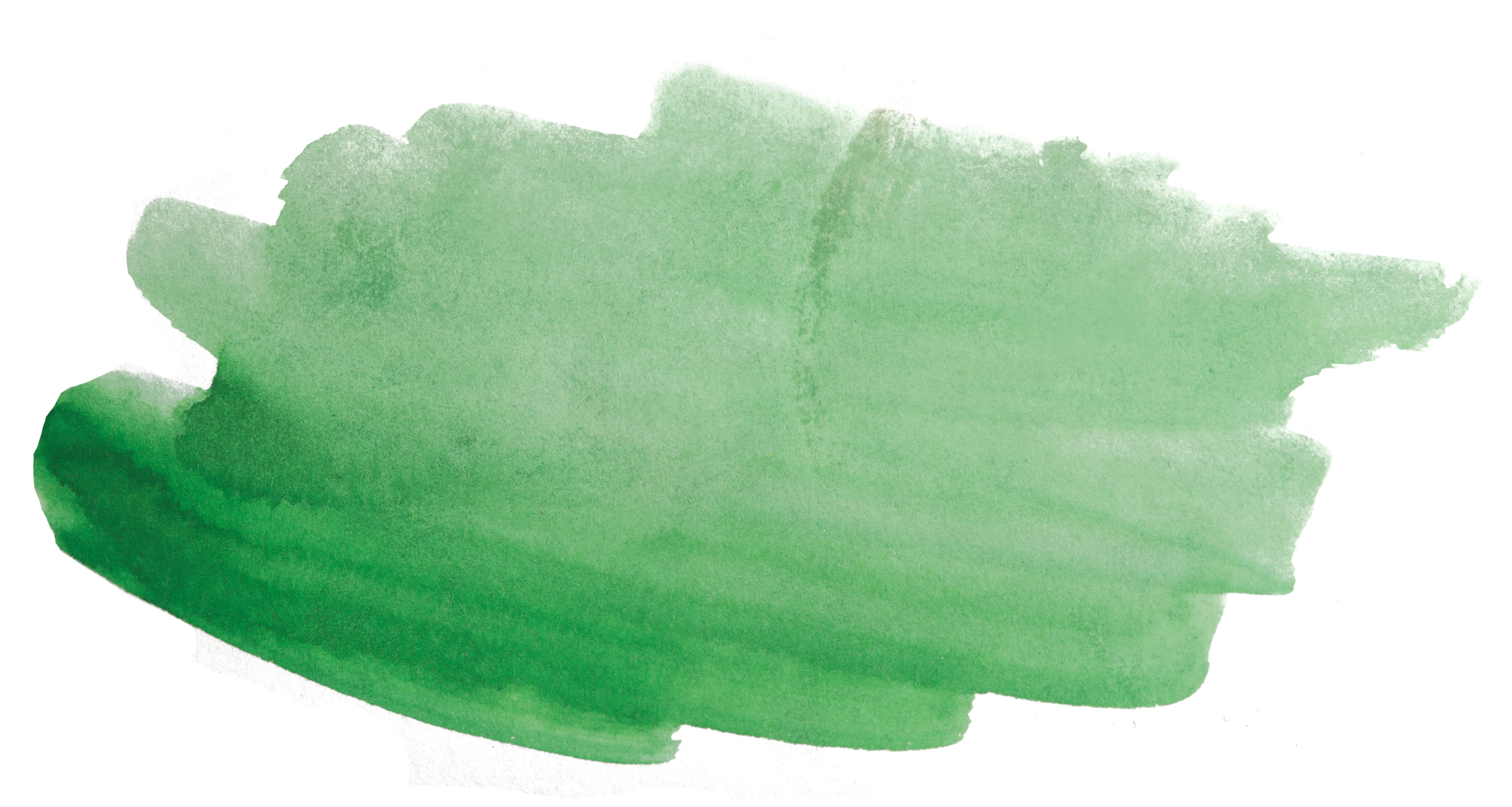Sign up for the daily CJR newsletter.
Shortly after the arrest of Steve Bannon, President Trump’s former White House strategist, on fraud charges, the New York Times ran an editorial with the headline “Steve Bannon’s Art of the Grift.”
The word “grift” did not appear in the editorial. The Washington Post did use it: “The grift alleged is disgusting, if not surprising,” its editorial on Bannon said.
Meanwhile, the New York Post had an article about a “serial grifter,” a woman accused of squatting in people’s apartments.
Those incidents of “grift” show the broadness of the category for what amounts to the crime of theft. A grift, though, has the sense of a con, a swindle, more sophisticated than simply grabbing a chain off someone’s neck. As Merriam-Webster says, “Grift was born in the argot of the underworld, a realm in which a ‘grifter’ might be a pickpocket, a crooked gambler, or a confidence man—any criminal who relied on skill and wits rather than physical violence—and to be ‘on the grift’ was to make a living by stings and clever thefts.”
“Grift” traces to the US in the early part of the twentieth century; M-W says it first appeared as a verb in an Iowa newspaper in 1902, while the Oxford English Dictionary traces it to a 1914 dictionary of criminal slang. It’s probably derived from “graft,” a similar word (and crime).
The original “graft” appeared in English in the late fifteenth century in the botanical sense—“To insert (a shoot from one tree) as a graft,” the OED says. In the mid-nineteenth century, “graft” was used to mean hard work, possibly from an earlier meaning as the “depth of earth that may be thrown up at once with a spade,” the OED says. A person doing a “graft” is a “grafter.”
Once again, the Americans gave it its dark side. Around 1865, the OED says, “graft” in the US was “The obtaining of profit or advantage by dishonest or shady means,” especially “bribery, blackmail, or the abuse of a position of power or influence.” The OED speculates that that meaning came from the idea of “graft” as hard work, or with the original botanical “graft,” “with the notion of ‘excrescence,’ ” or outgrowth.
The difference between “grift” and “graft” may come down to whether the person committing it is taking advantage of an official position. As M-W says in its Words at Play entry on the difference between “grifter” and “grafter”: “The grifter is a small-time confidence man, a carnival swindler, or thief of some sort or other. The grafter may be most of these things, but also may be someone who engages in the ‘political corruption’ sense of the word graft.”
If the charges against Bannon are true, it sounds more like “graft” than “grift.” But, except for a 2020 movie, Lincoln Is Crying: The Grifters, Grafters and Governors of Illinois, which covers all bases, “grafter” as a noun is increasingly rare. (It was first recorded in 1896.) That may be because “grafter” retains a positive image in the botanical and British worlds. A New York Times profile of the English chef Jamie Oliver explains: “Mr. Oliver is, by most accounts, an optimist and, by his own account, what the Brits call a grafter—someone who just puts his head down and works, whatever the circumstance. That’s what has gotten him this far. ‘I always graft it,’ he said. ‘I put the effort in.’ ” Captain Tom Moore, who was knighted after raising millions of pounds by walking in his English backyard, is “a hard worker and a grafter,” his daughter told CNN. Good thing those citations included context.
In the past twenty years or so, “grifter” has caught up with “grafter” in appearances in books, according to a Google ngram, and is threatening to take over the lead.
Of course, it’s impossible to tell whether “grafter” is being used as the swindler, hard worker, or botanist in these citations. So it looks as if “grifter,” with only one meaning, has cheated its way to the top.
Has America ever needed a media defender more than now? Help us by joining CJR today.







